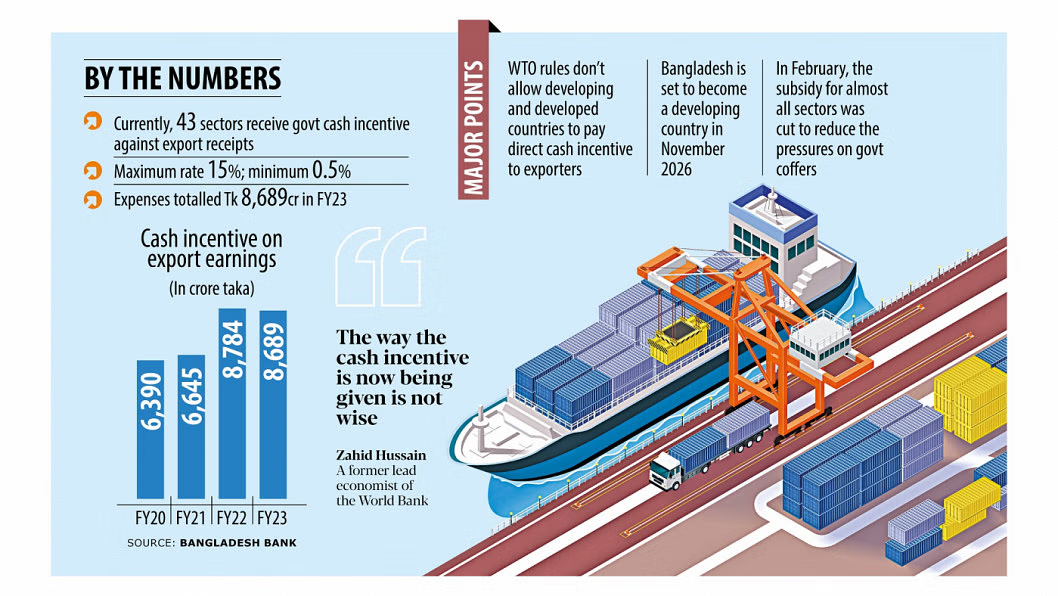Businesses say the government needs to campaign properly to promote jute goods and regulate polythene usage in the marketsEven though diversified jute products have received a good response in the global market, especially as environment-friendly products, they have not been as popular to local customers.People involved in the sector say there is a lack of coordination among concerned government agencies, which has put a damper on jute product promotion in the local market.Businesses say the government needs to campaign properly to promote jute goods and regulate polythene usage in the markets.The government needs to organize jute fairs across the nation in order to generate a positive response in local markets, several jute business owners suggested. Another recommendation that seems to have been made across the board is to arrange competitions and award entrepreneurs who come up with innovative and environment-friendly jute goods.Swapan Kumar Das, executive director of Prokritee, a diversified jute products business, told the Dhaka Tribune: “We are getting a good response from foreign markets, because they have increased the use of environment-friendly products instead of plastics. But we cannot expand our jute products in the local markets properly.”“We need modern technological machinery to expand our business further. Even farmers are discouraged from cultivating jute because they cannot get good seeds. The government needs to give priority in these two matters,” he added.Becauseof a lack of coordination government agencies connected to the promotion and sale of jute, there has been a lacklustre market response to the product Syed Zakir HossainSwapan said major buyers of Bangladeshi jute and jute products include Belgium, Canada, the USA, the UK, China, Italy, Germany, India, Iran, Japan, Malaysia, Mexico, the Netherlands, Poland, Pakistan, Brazil, Russia, Saudi Arabia, Portugal, Thailand, Turkey, South Africa, and Romania.There are 22 jute mills in operation in the public sector while the number of jute mills in the private sector is around 200, according to the state-run Bangladesh Jute Mills Corporation.However, export of jute and jute products has maintained a steady growth. Bangladesh exported jute and jute goods worth $1.0255 billion in fiscal year 2017-18, up 6.56% from $962.4 million in fiscal year 2016-17.According to the Export Promotion Bureau (EPB), the country fetched $155.6 million from raw jute exports, $687.7 million from jute yarn and twine, $122.8 million from jute sacks and bags, and $99.3 million from other jute productsBangladesh government banned polythene bags in 2002. Besides, a ‘Mandatory Jute Packaging Act 2010’ was enacted for the compulsory use of jute in packaging products instead. But jute goods have not yet gotten much response from customers.The European Union has undertaken took plan to ban on single-use plastic products, which will be fully implemented by 2030. The EU estimates that this will save €22 billion ($25.6 billion) in environmental damage and cleanup costs.MdMainul Hoque, director (PMI) of Jute Diversification Promotion Centre, told the Dhaka Tribune that there is a lack of coordination among the concerned ministries and departments in promoting jute goods to local customers.“We are going abroad this year to take part in some international jute fairs to promote the goods – one in October in China and another in December in Kolkata. The demand for Bangladeshi jute products in the international markets have increased by around 20% compared to the last year,” headded.He also said that they are trying to reach the local markets properly by organizing fairs.
RMG BANGLADESH NEWS
A Knowledge-based Initiative of Best Sourcing
Ready Made Garments sector is the key source of foreign currency and GDP for Bangladesh. Approximately 4.2 million people are dependent on the RMG sector for their bread and butter.
Ready Made Garments sector is the key source of foreign currency and GDP for Bangladesh. Approximately 4.2 million people are dependent on the RMG sector for their bread and butter.
Contact us: info@rmgcentre.com
© Copyright 2019 - RMG Bangladesh
















